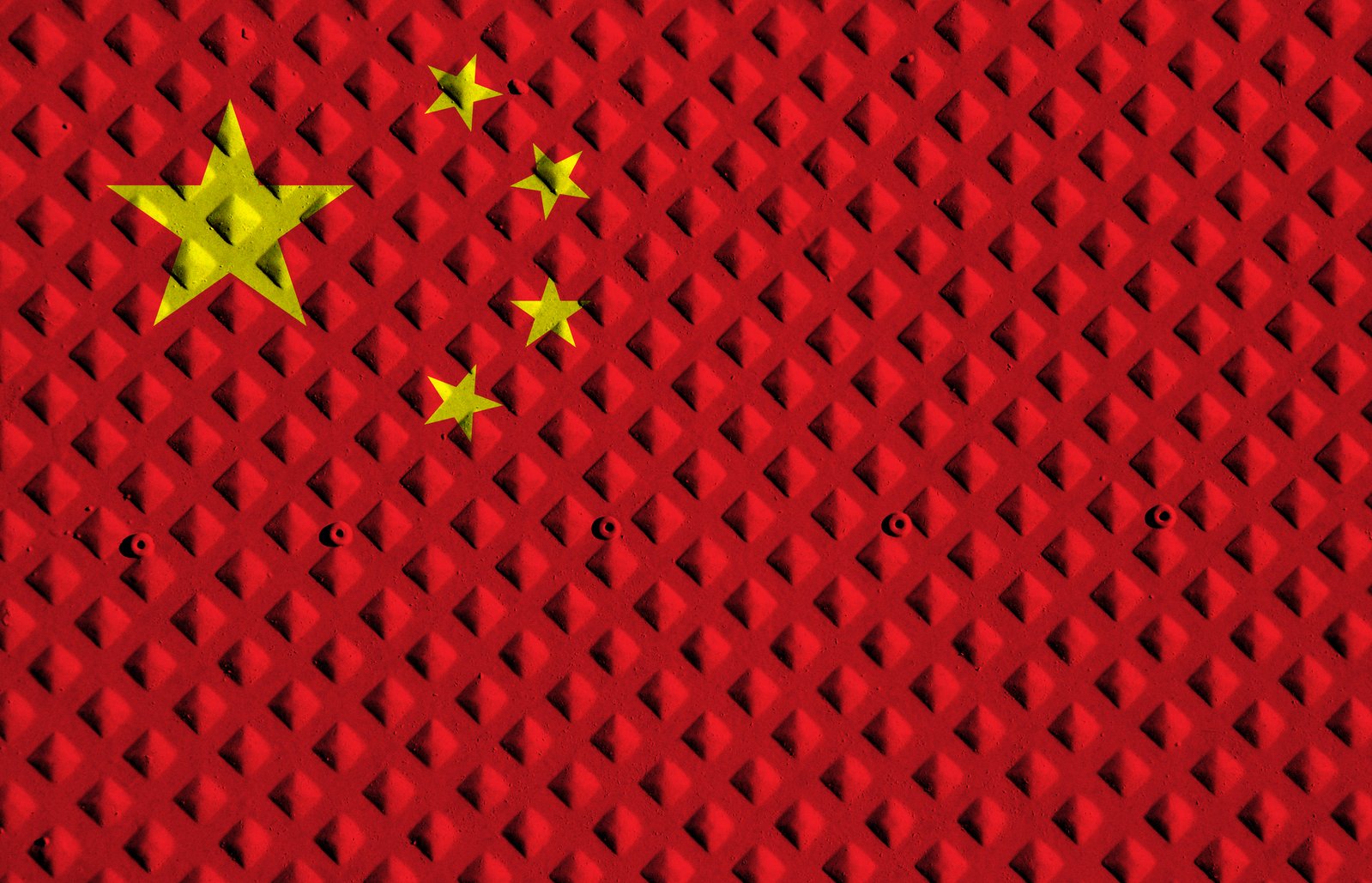

"Qualcomm shares drop," said this tweet a few days ago, "hearing they lost bid to force Apple (AAPL) contractors to pay royalties..." (Qualcomm is losing the plot here, as its patent shakedown fails yet again)
It's not like Qualcomm didn't already have plenty of legal problems. But Judge Gonzalo P. Curiel of the United States District Court for the Southern District of California has just (this morning by Pacific Time) handed down two decisions denying a couple of Qualcomm motions for preliminary injunctions. Qualcomm has failed to obtain a preliminary injunction requiring four Apple contract manufacturers to make royalty payments before the matter is adjudicated. I had predicted that one. What isn't really surprising either, but was much less clear based on how a recent hearing went, is that Judge Curiel also declined to bar Apple from pursuing antitrust cases in other jurisdictions (such as China, Japan, Taiwan, and the United Kingdom).
More than a few foreign IP practitioners expressed surprise at the idea that legitimate, if pointed, questions from Gao should generate such a hostile response from Cao. Their belief was that a public conference is a good setting in which to have a direct dialogue. After listening to Iwncomm’s presentation, it would have been hard for an Apple partisan to let go the opportunity to present an alternative argument and evidence to the public. But some Chinese practitioners responded that it was not necessarily the adversarial content of Gao's questions that was the problem, but the way it appeared he seemed intent on embarrassing Cao in public.
Many foreign practitioners, as well as some Chinese nationals who were born, raised or educated overseas, were fairly shocked by the heated nationalist emotion that the episode generated – and offended at Cao implying that Gao’s nationality had a crucial role to play in this case. One overseas born Chinese national who works as a senior IP executive in a Chinese company said that line of thought made him feel very uncomfortable: “Simply, it is a legal dispute and professional matter, but it should not be mixed with nationalist sentiment.” He did observe, though, that a level of nationalist sentiment is something that one needs to be conscious of while conducting negotiations with Chinese companies.
[...]
At a Beijing symposium on SEP & FRAND hosted today by China’s Ministry of Commerce, there was evidence that Cao v Gao had been noticed at the government level. Zhang Yonghua, the director of SIPO’s Department of Treaty and Law, began his remarks by acknowledging the dust-up. He suggested that the “very fierce argument” between smartphone makers and technology developers today stems from systemic issues.
Longhorn IP on Tuesday announced its first patent assertion in China, a Beijing IP Court lawsuit targeting Taiwan’s HTC. The case marks the second notable NPE campaign to be launched in China in the space of a year following WiLAN’s November 2016 assertion against Sony in Nanjing. But a judge from that Chinese city told local delegates at this week's China Patent Annual Conference that now is not the time to sound alarm bells.